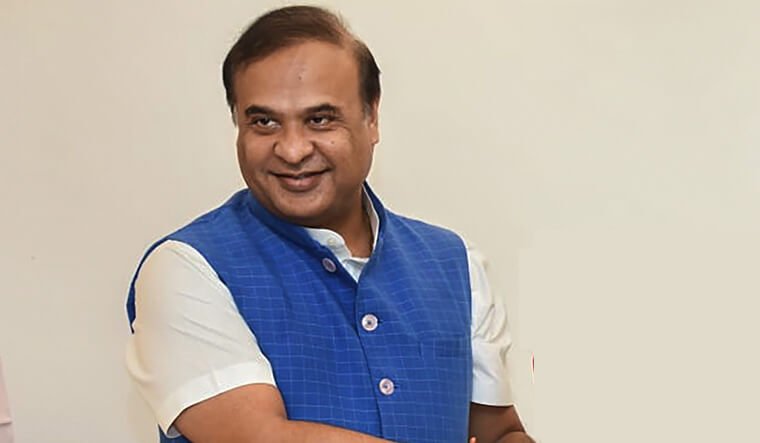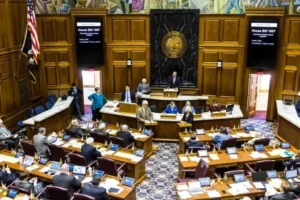The state of Assam in northeastern India has outlawed eating beef in public places such as restaurants and gatherings, which has sparked contentious discussions. Chief Minister Himanta Biswa Sarma claimed that this ban on beef in India is an extension of the 2021 Assam Cattle Preservation Act.
The Assam Cattle Preservation Act forbade the selling of beef close to temples and in places where Hindus, Jains, and Sikhs prevail. Under the revised law, residents can still purchase beef from shops for consumption within their homes. However, beef consumption in restaurants, hotels, and public areas is banned.
Sarma argued that the action expanded on the livestock preservation laws before the accomplishment of lowering cow slaughter in the state. The ruling follows allegations made by the opposition Congress party that Sarma influenced voters in Samaguri, a Muslim-majority area, through meat offerings.
Sarma denied the allegations, accused Congress of hypocrisy, stating he would enforce a complete state-wide ban on beef if Congress required it. Political reactions to the expanded ban have been mixed.
The All India United Democratic Front criticized the BJP government, questioning why similar measures were not enforced in BJP-ruled areas like Goa or Arunachal Pradesh, where beef consumption remains legal. Samajwadi Party MP Iqra Hasan condemned the move, calling it an attack on personal freedoms and constitutional rights.
Beef consumption remains a sensitive topic in India, where the Hindu majority worships cows. While most BJP-ruled states have partially or fully banned beef, critics argue that such extreme measures are not fair for Muslim meat sellers, cattle traders, and Dalits.
This ongoing debate over the ban on beef in India continues to be a cultural conflict between people who worship cows and people who don’t. This highlights the tension over food choices and the constitutional rights of individuals.










